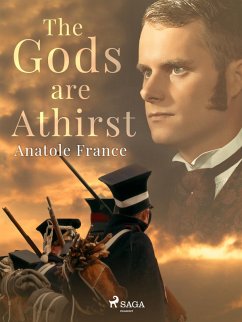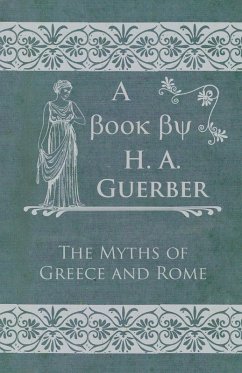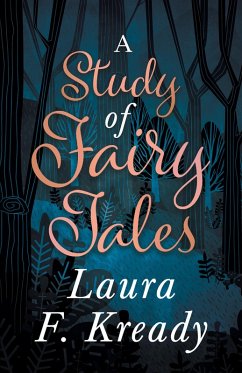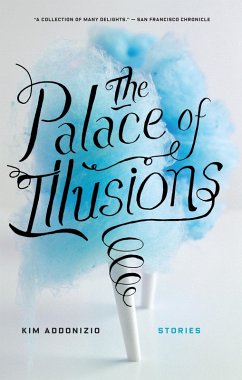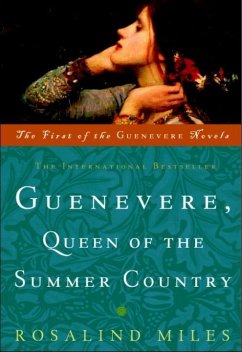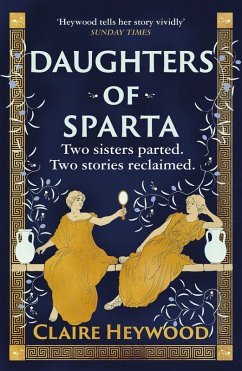
The Queen of the Air: Being a Study of the Greek Myths of Cloud and Storm (eBook, ePUB)
Enriched edition. Unveiling the Mysteries of Clouds and Storms in Greek Mythology
Kommentar: Whitmore, Gwendolyn / Redaktion: Good Press
Versandkostenfrei!
Sofort per Download lieferbar
0,49 €
inkl. MwSt.
Weitere Ausgaben:

PAYBACK Punkte
0 °P sammeln!
In "The Queen of the Air: Being a Study of the Greek Myths of Cloud and Storm," John Ruskin meticulously examines the rich tapestry of Greek mythology, centering on the elemental forces of nature'-clouds and storms'-as manifestations of divine presence. Utilizing a unique blend of lyrical prose and insightful critique, Ruskin navigates the intersections of literature, art, and philosophy, drawing connections between ancient narratives and contemporary environmental attitudes. His exploration spans the symbolic meanings of weather phenomena, illustrating how they reflect human emotion and spiri...
In "The Queen of the Air: Being a Study of the Greek Myths of Cloud and Storm," John Ruskin meticulously examines the rich tapestry of Greek mythology, centering on the elemental forces of nature'-clouds and storms'-as manifestations of divine presence. Utilizing a unique blend of lyrical prose and insightful critique, Ruskin navigates the intersections of literature, art, and philosophy, drawing connections between ancient narratives and contemporary environmental attitudes. His exploration spans the symbolic meanings of weather phenomena, illustrating how they reflect human emotion and spirituality in a Victorian context marked by industrial advancement and the growing detachment from nature. John Ruskin, a prominent Victorian art critic, social thinker, and reformer, was deeply influenced by the Romantic movement's reverence for nature. His extensive studies in art and architecture, coupled with an acute awareness of societal issues, propelled him to explore the myths that shaped the cultural understanding of natural phenomena. Ruskin's personal engagement with nature, as well as his dismay over its degradation, impelled him to write this work, emphasizing a need for renewed connection to the natural world. "The Queen of the Air" is not only a significant literary accomplishment but also an essential read for anyone interested in the relationship between mythology and environmental consciousness. Ruskin's illuminating insights challenge readers to reflect upon the narratives we construct around nature, making this book an indispensable contribution to both literary and ecological discourse. In this enriched edition, we have carefully created added value for your reading experience: - A succinct Introduction situates the work's timeless appeal and themes. - The Synopsis outlines the central plot, highlighting key developments without spoiling critical twists. - A detailed Historical Context immerses you in the era's events and influences that shaped the writing. - An Author Biography reveals milestones in the author's life, illuminating the personal insights behind the text. - A thorough Analysis dissects symbols, motifs, and character arcs to unearth underlying meanings. - Reflection questions prompt you to engage personally with the work's messages, connecting them to modern life. - Hand-picked Memorable Quotes shine a spotlight on moments of literary brilliance. - Interactive footnotes clarify unusual references, historical allusions, and archaic phrases for an effortless, more informed read.
Dieser Download kann aus rechtlichen Gründen nur mit Rechnungsadresse in A, B, BG, CY, CZ, D, DK, EW, E, FIN, F, GR, H, IRL, I, LT, L, LR, M, NL, PL, P, R, S, SLO, SK ausgeliefert werden.




